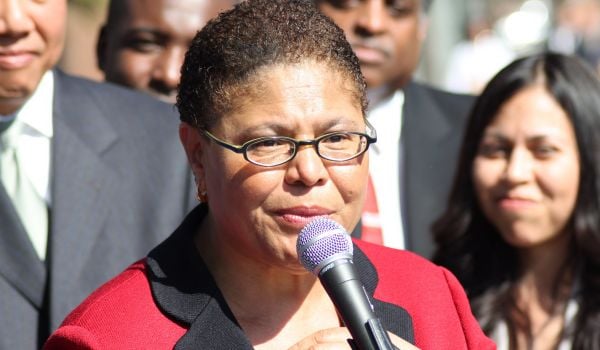One of the major objectives of the open data movement is to increase the transparency of government (the other is to foster innovation). Making public data available online (preferably in a XML data feed or API) is the first step towards creating the tools and applications that can help citizens understand what’s going on inside government, which can help to ensure accountability, and in the longer-term, builds greater trust between citizens and their government.
At the federal level, the new administration is ushering in a new era of openness and embraced network technology and new media as a way to improve transparency and accountability in government. Through the President’s Open Government Directive, federal agencies are now required to develop plans to release their data and foster public participation online. Across the pond, the UK government is taking similar steps to release its data.
Progress at the state and local level is understandably more piecemeal. Massachusetts and Utah are among the few states that have launched their own open data initiatives, while a few major cities such as San Francisco, Washington D.C., and New York are making headlines for their open data efforts. But for many Americans, data from their city and local government agencies is still not available.
Convincing local government leaders to jump on the open data bandwagon can be a challenge. While cities that publish their data online stand to accrue a number of benefits, most officials tend to focus on what they perceive to be the potential drawbacks of such plans. To combat these attitudes, the National Neighborhood Indicators Partnership, a project of the Urban Institute in Washington, D.C., has published a list of the five most commonly given reasons public data providers resist open data efforts, along with suggestions for overcoming them.
How to bring more municipal governments into the open cities fold was also a topic of discussion at CityCamp, a gathering of open government advocates in Chicago this January sponsored by the Rockefeller Foundation. There, participants from around the country shared tips on how they are moving open data efforts forward in their communities.
The consensus? Like most successful organizational change, it helps if there is some leadership from within. Identifying a leader within local government – a mayor, councilperson, department head, or technology officer – who can act as a champion for the cause is critical. The alternative is building a large enough collation of citizens and local leaders that can force local government to make publishing its data online a priority – admittedly a much tougher task.
Second, to make sure you address the institutional aversion of risk, it always helps to trot out examples of other cities that have opened up their data and not had the sky fall on top of them. Cities like San Francisco and Washington D.C. are great examples. Ideally, you want to connect the top brass and IT managers in your city to their counterparts in cities that have already made the jump, so that they talk frankly with someone who shares their responsibilities.
Once there is some buy-in around the idea, it’s a good idea to start out with data that doesn’t immediately create headaches for the city or agency. This might be information about restaurant violations, rather than something more sensitive like crime statistics. This “testing the waters” phase can help make both the people in charge and the city’s IT staff get comfortable with publishing data online.
Also, before launching into any public data publishing efforts, it’s a good idea to see what types of data might actually be most important to people in the community. For example, cities grappling with development might want to have data on building permits available, versus a city that might not be experiencing much development, and is more interested in data about schools or traffic. Free online crowd sourcing tools such as UserVoice are great for this task.
Finally, it’s a good idea to partner with some established websites so that data can begin flowing before more tailored applications are built by the city or third-party developers. Everyblock, SeeClickFix and CleanScores are all examples of online tools that leverage data from cities to provide users with news and information about their community.
In truth, with many cities already struggling to deliver basic services, it’s understandable why some government managers might be afraid to invite the additional public oversight and input that might come with open data initiatives. Yet as more and more cities demonstrate that the risks of releasing public data are far outweighed by the benefits, its likely that we’ll see a increasing number of cities will begin to say “yes” to open data.
















